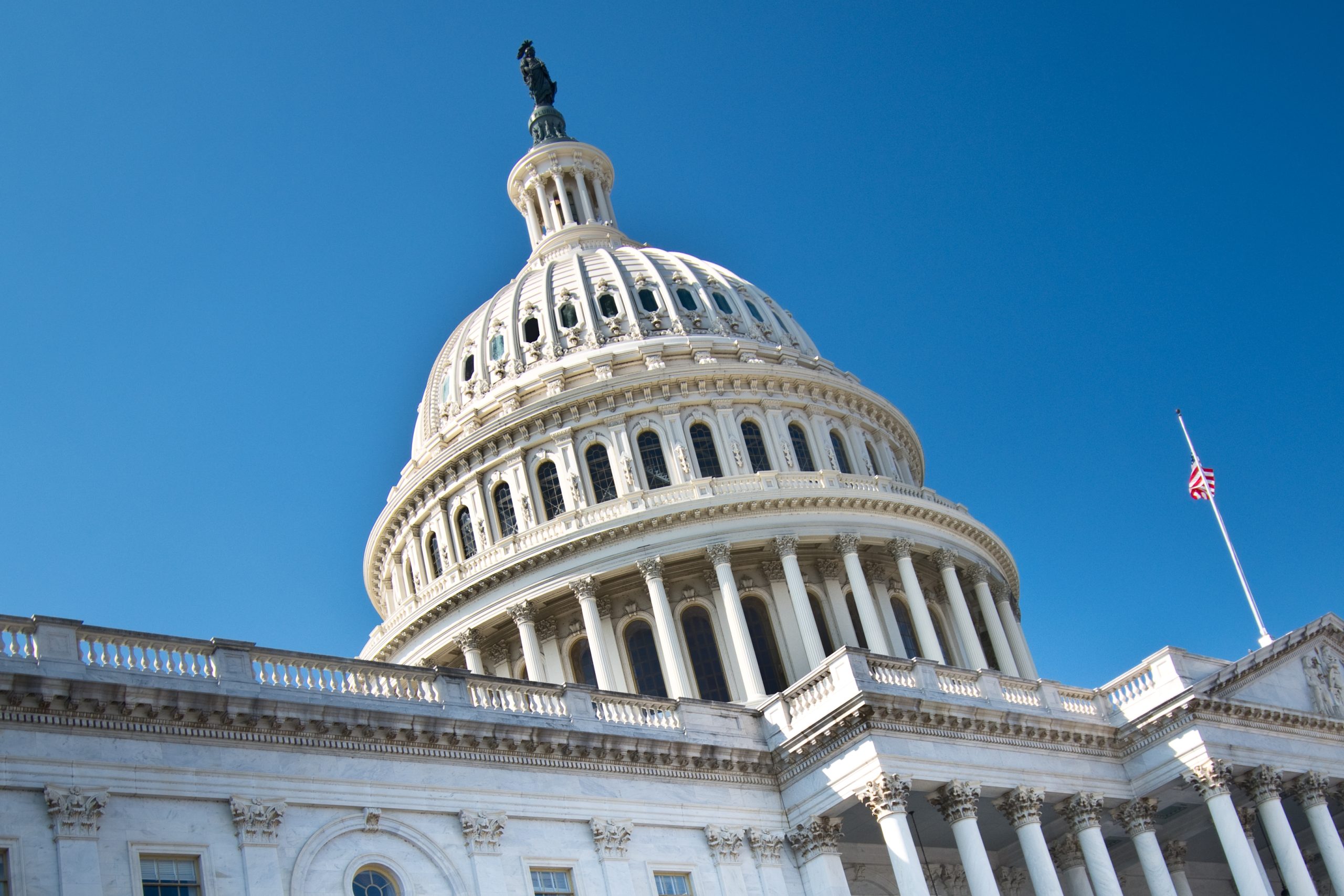Government Affairs and Advocacy
House Passed H.R. 1: Contact Your Senators to Prevent Harmful Cuts
On May 22, the House narrowly passed H.R. 1, a massive reconciliation bill that would reshape federal investments in health, nutrition, and anti-poverty programs—undermining access to basic supports and placing significant new burdens on the nonprofit sector.
While advocacy helped remove some of the most extreme threats—like language targeting 501(c)(3) status—serious risks remain, and the bill now moves to the Senate for consideration.
We need your voice in this next phase. Contact your senators today and urge them to:
- Protect streamlined Medicaid and CHIP access
- Preserve state flexibility in SNAP
- Reject barriers to EITC access and student loan repayment
- Safeguard nonprofit capacity to meet growing need
These changes aren’t just technical. They would destabilize the safety net and increase demand on community-based organizations—while shrinking the tools and resources needed to meet that demand.
Social Current has created resources to help you understand what’s at stake and take action:
- Read our issue summary below or view as a PDF
- Contact your senators with our sample message
Key Concerns
1. Medicaid Access at Risk
The bill maintains provisions that significantly increase administrative barriers to Medicaid and CHIP, including more frequent eligibility redeterminations and new verification requirements.
These changes could cause eligible individuals—especially children, older adults, and people with disabilities—to lose coverage due to paperwork issues or flawed data flags. Additionally, the bill requires states to establish community engagement requirements for certain Medicaid enrollees. It authorizes the Secretary of the U.S. Department of Health and Human Services to penalize non-compliant states by withholding federal funds.
Why It Matters
As coverage gaps widen and support systems are reduced, human services providers will face increased demand from clients needing assistance with re-enrollment and appeals processes. At the same time, if people lose Medicaid coverage, providers may see a direct impact on reimbursement for critical services. This double strain will divert already limited staff capacity from core functions such as behavioral health, trauma recovery, and crisis response.
2. Hunger and Hardship Through SNAP Restrictions
The bill expands work requirements for SNAP recipients and significantly limits states’ ability to waive them—even during periods of high unemployment. According to the Center on Budget and Policy Priorities, the work requirements jeopardize benefits for nearly 11 million people, about 1 in 4 SNAP participants.
The bill also imposes an expiration date on exemptions for veterans, former foster youth, and individuals experiencing homelessness. It shifts program costs to states and requires more frequent eligibility redeterminations.
Why It Matters
These changes will increase hunger and instability for people who are already facing significant barriers. Nonprofits will see higher demand for emergency food, housing, and employment support, with fewer federal resources to meet that need.
3. Burdensome Requirements in Accessing the Earned Income Tax Credit
The bill requires taxpayers to apply for an Earned Income Tax Credit (EITC) certificate for each child claimed beginning in tax year 2028. It establishes fines for reckless, false, and fraudulent statements, increases audits of EITC recipients, and strengthens eligibility verifications. Individuals with repeated incidents may be barred from claiming the credit for two years with evidence of reckless disregard or ten years in the case of fraud. Claims without a certificate may be denied, delayed, or refunds reduced.
Why It Matters
Low-income taxpayers, especially working families and single parents, may face higher risks of audits, even for minor filing errors. Accidental income, relationship, or residency mismatches can trigger audits or refund holds.
Precertification may discourage taxpayers from claiming the credit due to burdensome time and paperwork requirements, while system challenges may lead to needless claim denials. It also raises confusion and uncertainty about whether the child was to be claimed by multiple taxpayers.
4. Student Loan Limits and Changes to Loan Terms
The bill restricts the amount of loans students are eligible to borrow for undergraduate, graduate, and professional programs. It establishes a lifetime limit to the total amount students are able to borrow regardless of amounts repaid, forgiven, canceled, or discharged on a loan. Additionally, the bill prohibits unemployment and economic hardship deferments for loans disbursed on or after July 1, 2025. It would limit the term of forbearance allowed to nine months over two years.
Why It Matters
Countless professionals within the social service sector rely on student loans to afford their education. Financial barriers may prevent individuals from completing their degrees and entering careers in the nonprofit sector. Borrowing limits introduce significant challenges to individuals seeking to advance their education and are expected to exacerbate ongoing staffing shortages the mental health field experiences.
Next Steps: Senate Deliberation
Now that the House has passed H.R. 1, the bill moves to the Senate for consideration. While Republicans hold a 53-47 majority, the bill faces potential revisions due to divergent views within the party. Some Republican Senators have expressed concerns over the bill’s impact on Medicaid and other social programs, indicating that amendments may be proposed to address these issues.
Take Action Now
We need your voice in this next phase.
Social Current’s online campaign makes it easy: Contact your senators.
To stay informed about federal policy changes and receive information about action opportunities, subscribe to our biweekly policy newsletter and join the grassroots advocacy network.


